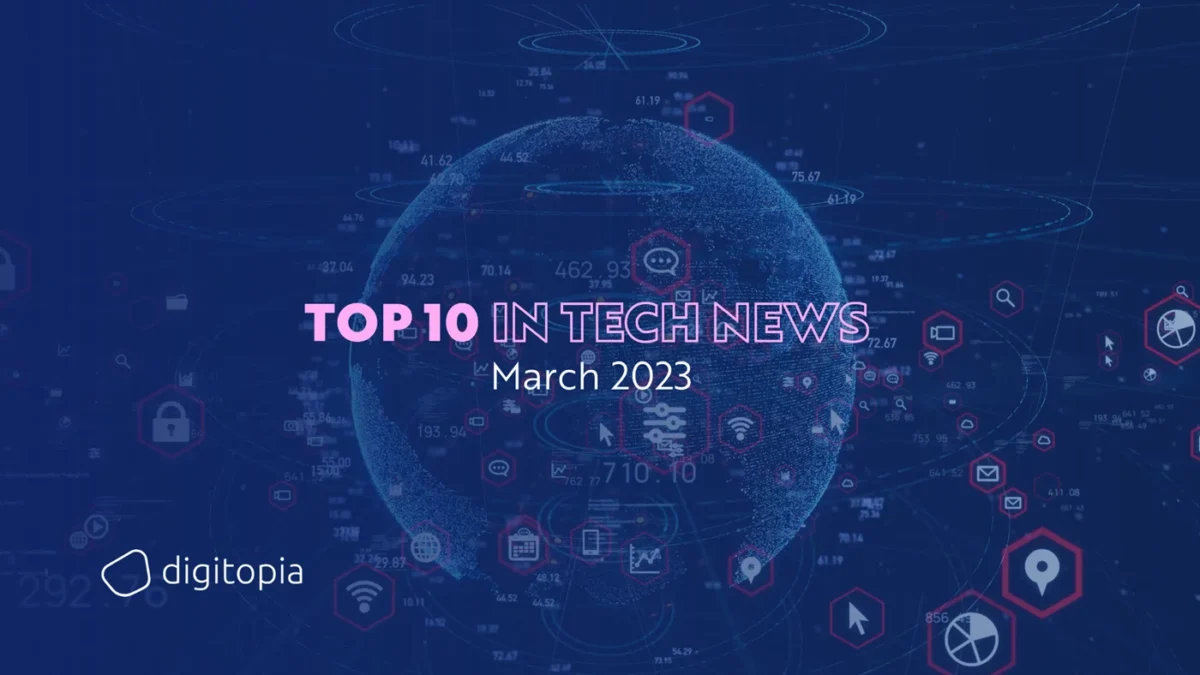
1. EU and US Strengthen Cooperation on AI and Computing for Public Good
The US Department of State and the European Commission’s Directorate-General for Communications Networks, Content and Technology have signed an agreement to collaborate on AI and computing for the public good, focusing on areas such as healthcare, energy, agriculture, climate change, and natural disasters. The agreement aims to identify and develop promising AI research results with broad societal benefits and share findings and resources with international partners.
Source: European Commission
2. PayPal Halts Stablecoin Work Amid Regulatory Scrutiny of Crypto
PayPal is delaying the launch of its stablecoin, which was set to be backed by the US dollar, due to increased regulatory scrutiny of cryptocurrencies and an investigation into Paxos Trust Co., a cryptocurrency firm that PayPal was working with on the project. PayPal will pause work on the stablecoin as it seeks to understand the changing regulatory landscape for digital assets.
Source: Bloomberg
3. Oversight Board to Expedite Content Moderation Decisions for Meta
The Oversight Board, which reviews content moderation decisions made by Meta (formerly Facebook), has announced that it will begin publishing decisions on some cases on an expedited basis, with rulings potentially coming as quickly as 48 hours after accepting a case. The board aims to tackle more of the big challenges of content moderation and respond more quickly in situations with urgent real-world consequences. Additionally, the board will begin publishing summary decisions to analyze cases in which Meta changed its mind about whether to leave up or take down posts.
Source: Reuters
4. Google seeks employee help to improve accuracy of AI chatbot Bard
Google is asking its employees to rewrite responses from its yet-to-be-launched AI chatbot, Bard, to improve its accuracy. The chatbot had earlier made inaccurate claims about the James Webb Space Telescope. Google’s VP for search, Prabhakar Raghavan, sent an email to staff members, asking them to train Bard with factual answers in a polite and neutral tone. The email also included a list of dos and don’ts when it comes to fixing Bard’s responses. The move follows criticism from employees over the chatbot’s rollout.
Source: Engadget
5. YouTube CEO Susan Wojcicki steps down, to be succeeded by Neal Mohan
Susan Wojcicki, CEO of YouTube, has announced her decision to step down after nearly 25 years with the company. She will be succeeded by Neal Mohan, currently the chief product officer, who will become the new head of YouTube. Wojcicki stated that she plans to focus on her family, health, and personal projects she is passionate about, but will continue to work with YouTube teams, coaching members and meeting with creators. She also plans to take on an advisory role across Google and Alphabet in the longer term. During her tenure, Wojcicki oversaw YouTube’s rapid expansion to become the largest video platform in the world, with more than 2.5 billion monthly active users and over 500 hours of content uploaded to the platform every minute. However, YouTube has faced challenges in recent years, including privacy law violations, misinformation and disinformation campaigns, and competition from social media platforms like TikTok.
Source: CNBC
6. Meta introduces paid verification service for Facebook and Instagram
Meta, the parent company of Facebook and Instagram, has launched a paid verification service for its platforms called Meta Verified. For a monthly fee, users can get a verified badge, increased visibility, priority customer support, and more. The service is rolling out in Australia and New Zealand this week and will be available in more countries soon.
Source: The Verge
7. AI-written books are flooding Amazon’s Kindle Store. But who’s reading them?
The emergence of AI-powered writing tools, such as ChatGPT, has led to a surge of AI-written books being published on Amazon’s Kindle Store. These books cover a wide range of topics, from children’s stories to self-help books, and many are being published without disclosure of the use of AI. While some see this as a threat to traditional authors and a potential flood of low-quality books, others view it as an opportunity for new voices to enter the publishing industry.
Source: Reuters
8. EU lawmakers agree on safeguards to prevent non-EU access to data.
The European Parliament’s Industry, Research and Energy Committee has agreed to stringent safeguards to prevent non-EU governments from gaining illegal access to EU data, including restrictions on unlawful international data transfer and stricter conditions on business-to-government data requests. The amendments to the draft Data Act have been criticized by tech lobbying group ITI, which claims that the provisions restricting non-personal data transfer go too far and could harm Europe’s economy, while consumers’ group BEUC has praised the ban on dark patterns.
Source: Reuters
9. ASML says employee in China took tech information
ASML, a Dutch chip toolmaker, reported that an employee in China stole proprietary technology information, which may have violated export controls. The company has notified Dutch and US authorities about the incident.
Source: Financial Times
10. EU lawmakers fail to agree on basic AI regulation proposals
EU lawmakers were unable to agree on a set of proposals for regulating artificial intelligence on Wednesday, with disagreements over balancing data privacy with innovation and investment at the core of the dispute. The EU’s AI Act is set to be voted on in March.
Source: Reuters

